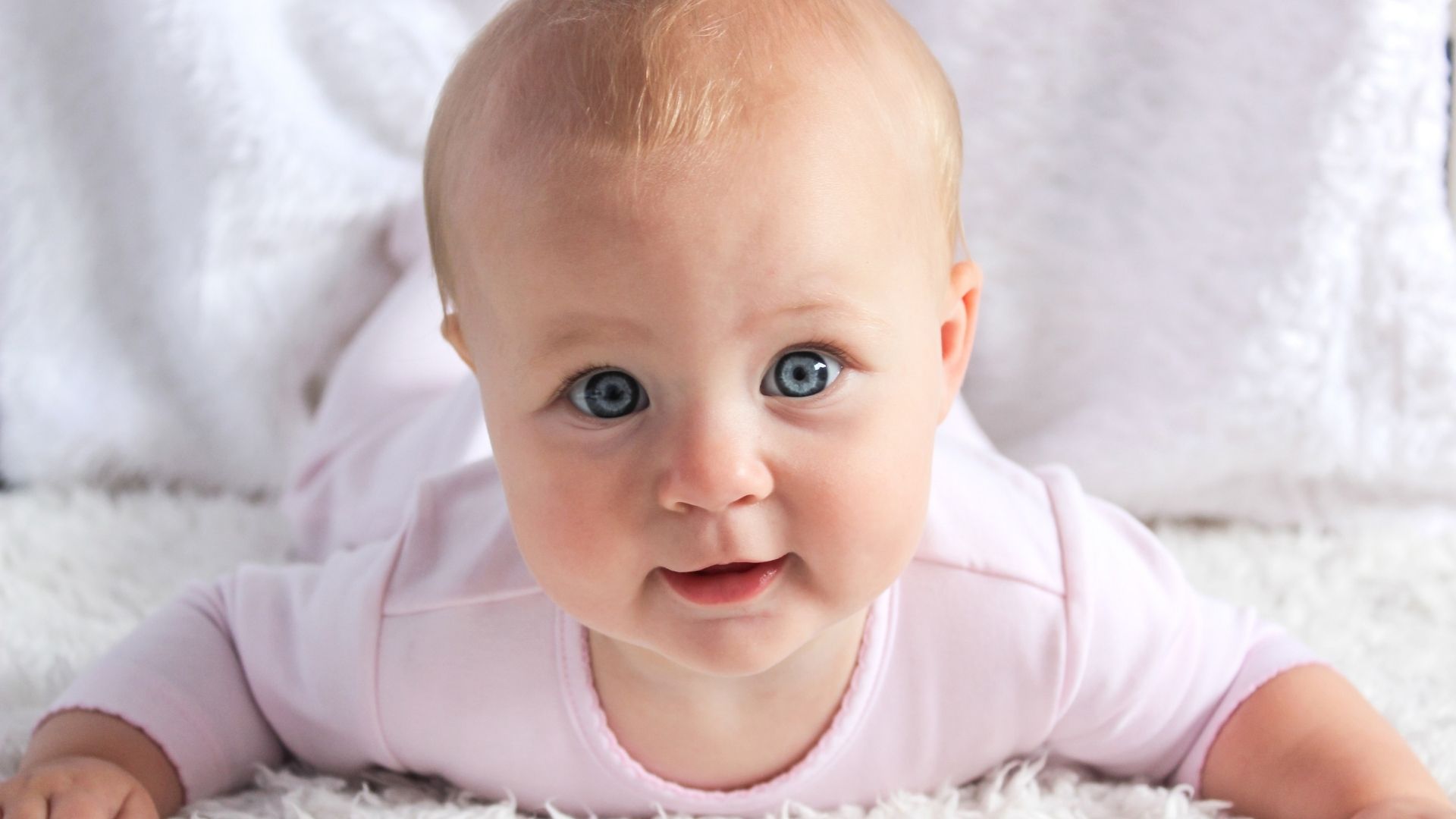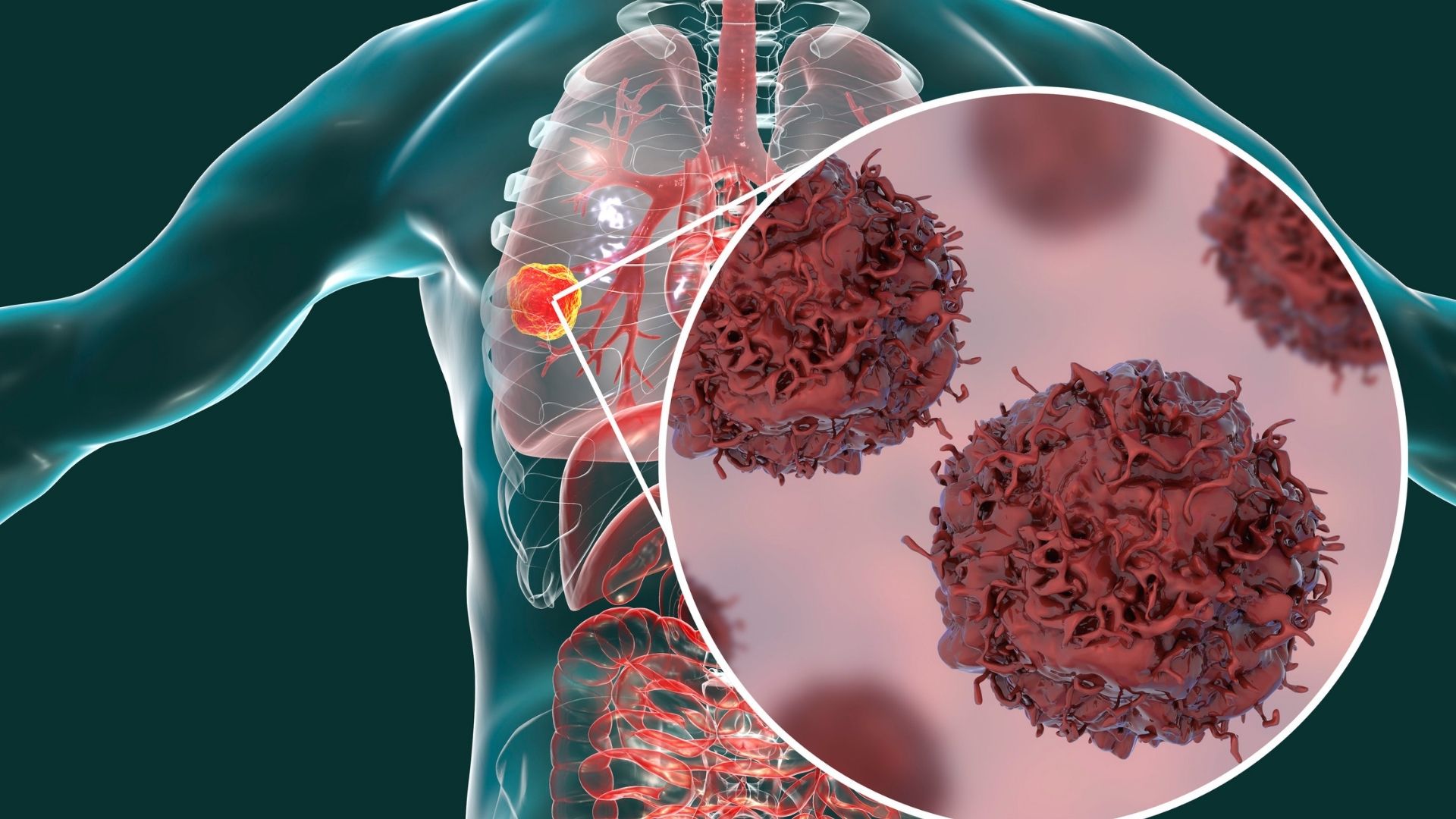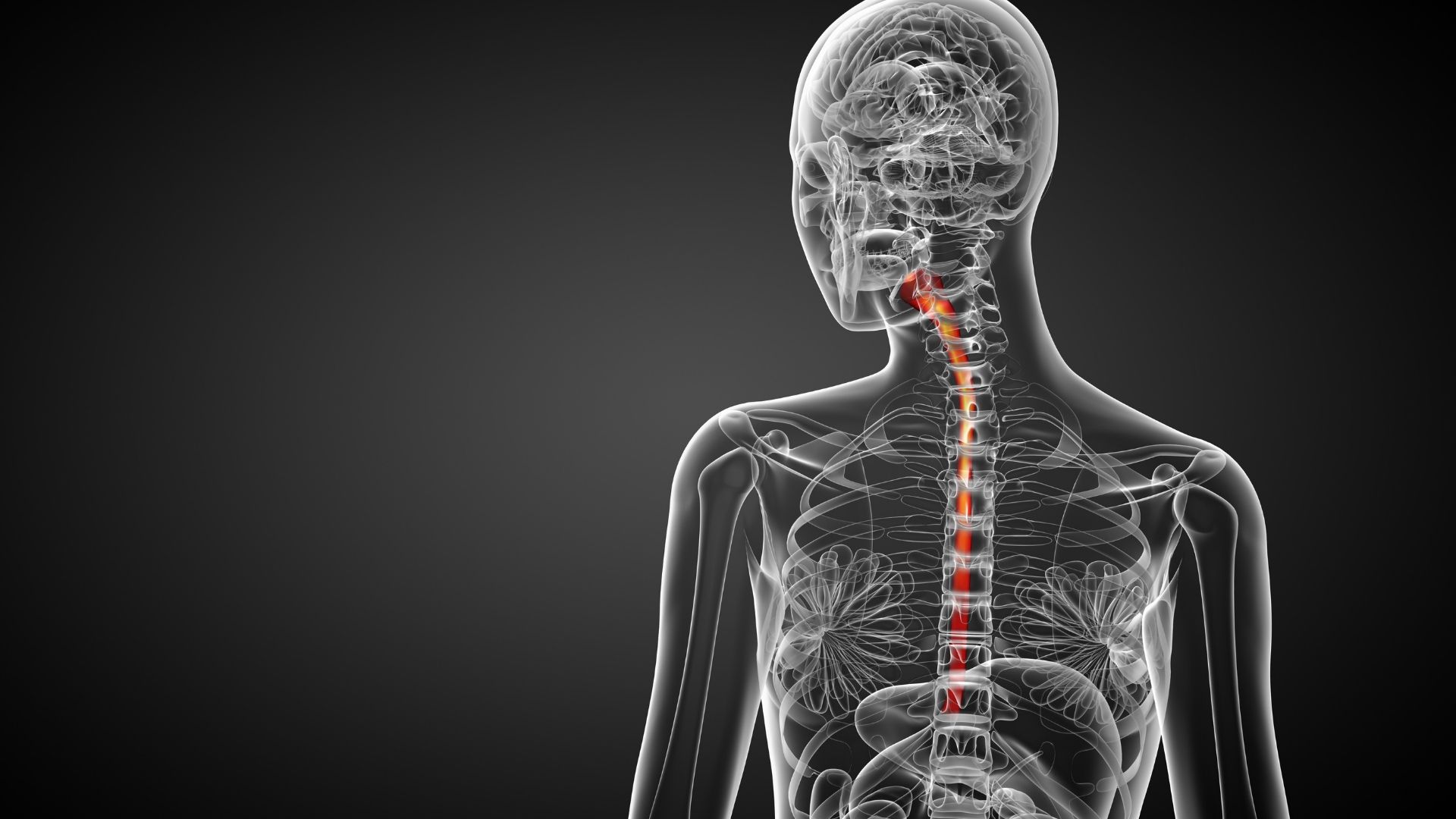How Does Self-Consciousness Develop in Babies?
Observing the development of babies, following the fascinating journey of these little beings as they learn something new every day and explore the world is an absolutely delightful experience. The abilities and awareness that babies gain as they age reflect the richness and diversity of this growth process.
Babies’ self-concept is an important concept that expresses their thoughts and perceptions about themselves and begins to develop from the moment of birth. The main factor in the formation of self-concept is the individual’s own experiences and interaction with the environment.
The self includes the ideas one has about oneself and reflects how one knows oneself. This process begins in infancy with visual recognition, name recognition and becoming sensitive to concepts such as “me, you, us”.
Babies’ development of self-concept and self-awareness usually begins at 22-24 months of age. During this period, babies learn third person pronouns such as “I, you, we”. They can also name objects in pictures, recognize and show different parts of the face, express their toilet needs and enjoy listening to stories.
During this period, babies learn to communicate with other children and begin to play games. Their sense of independence increases and spending time alone does not bother them. They recognize themselves in the mirror.
The fact that self-concept begins in infancy indicates that the people who provide care to the child (mother, father, family elders, caregivers, etc.) play an important role. The approach of these people to the child has a great influence on the shaping of self-concept. Especially the mother is the most important person in this relationship.
If the mother adopts an attitude of acceptance, love and appreciation, the child’s self-perception is shaped in a positive way. Later on, friends and the school environment can also be influential in the development of self-perception, but the family plays a critical role in laying the foundation for this perception.
It is known that children with a positive self-perception are more socially active, goal-oriented, at peace with their appearance, more open to accepting differences, more successful and peaceful individuals.
It is important to follow the steps below to ensure a positive self-perception from infancy onwards:
Make physical contact with your baby and hold and hug him/her often.
Be understanding of your baby’s mistakes. Educate him/her by explaining calmly, rather than getting angry and shouting.
Appreciate and applaud when your baby tries new things.
When your baby wants to take something else from the table or choose a different toy, don’t block them, let them choose.
Take care to spend quality time. Make time for their emotional needs as well as their physical needs.
The healthy development of self-awareness and self-perception plays a major role in helping babies overcome the basic trust and insecurity period. It is extremely important that the baby does not feel abandoned or neglected.
The process of self-knowledge is not only a physical process but also a psychological one. Once babies begin to explore visual perception, they continue this process by expressing their desire to know themselves. A healthy sense of self ensures that the child grows up on a secure and solid foundation.



